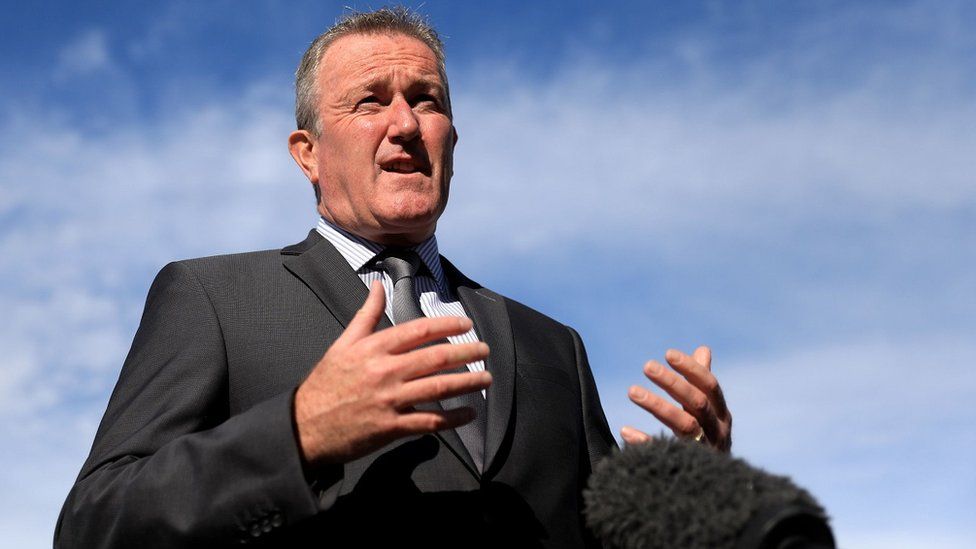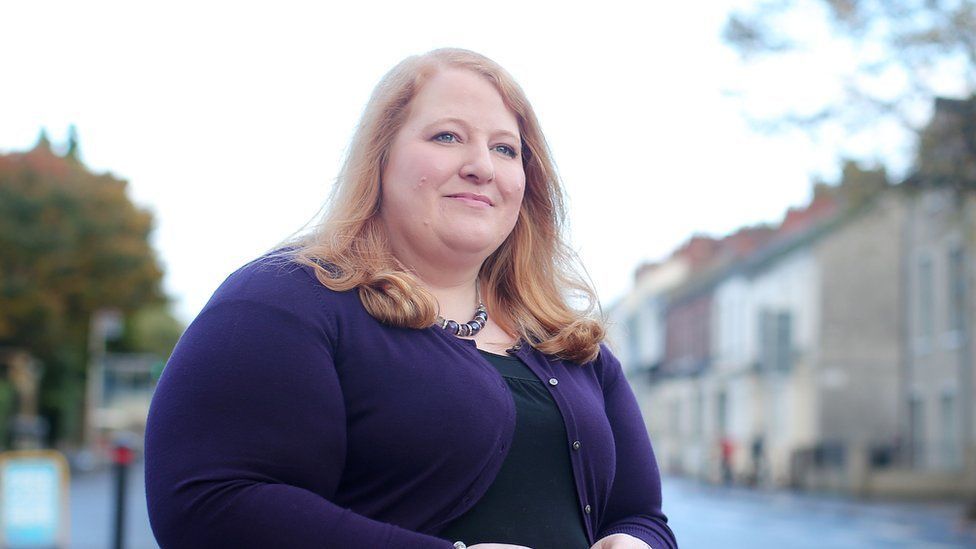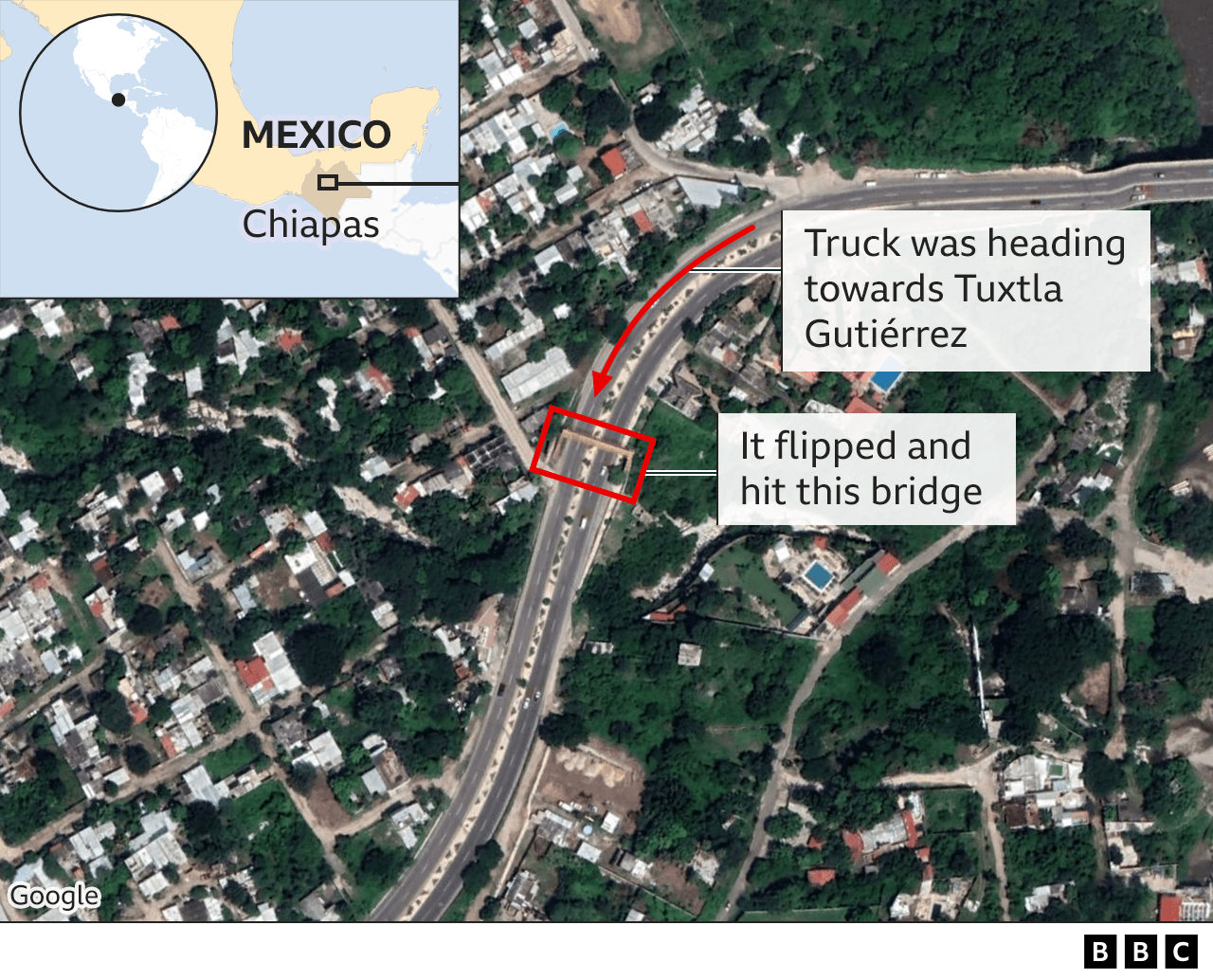Luanda - The health authorities announced this Friday the recovery of 40 patients, 25 new cases and 1 death, in the last 24 hours.
According to the daily bulletin, of the recovered patients, aged between 15 and 62 years old, 30 live in Luanda and 10 in Cabinda.
The new cases, it said, were diagnosed in Cabinda, 8 in Luanda, 4 in Cunene and 1 in Huambo.
The list is made up of 17 male and 8 female patients, aged between 3 and 65.
In the last 24 hours, 1,644 samples were processed by RT-PCR, with a positivity rate of 1.1 percent.
The death was registered in Luanda province.
Angola has a total of 65,371 confirmed cases, of which 217 are active, 1,737 have died and 63,417 have been recovered.
Of the active cases, 4 are severe, 12 moderate, 28 mild and 173 asymptomatic.
In the inpatient centres are 44 citizens, while 6 are serving institutional quarantine and 81 are under medical surveillance.
















